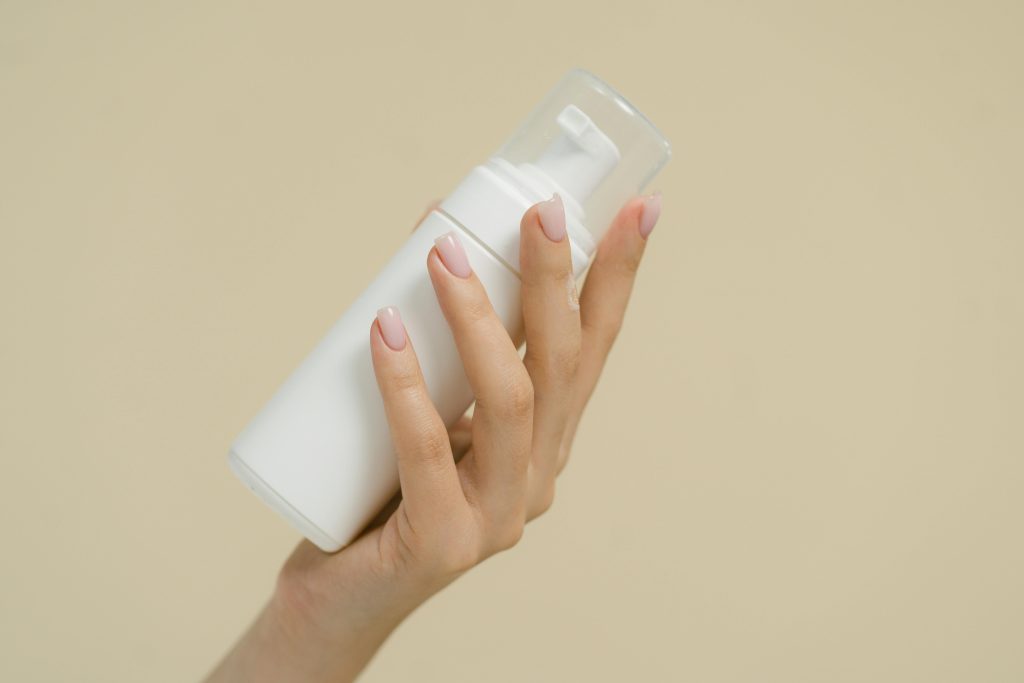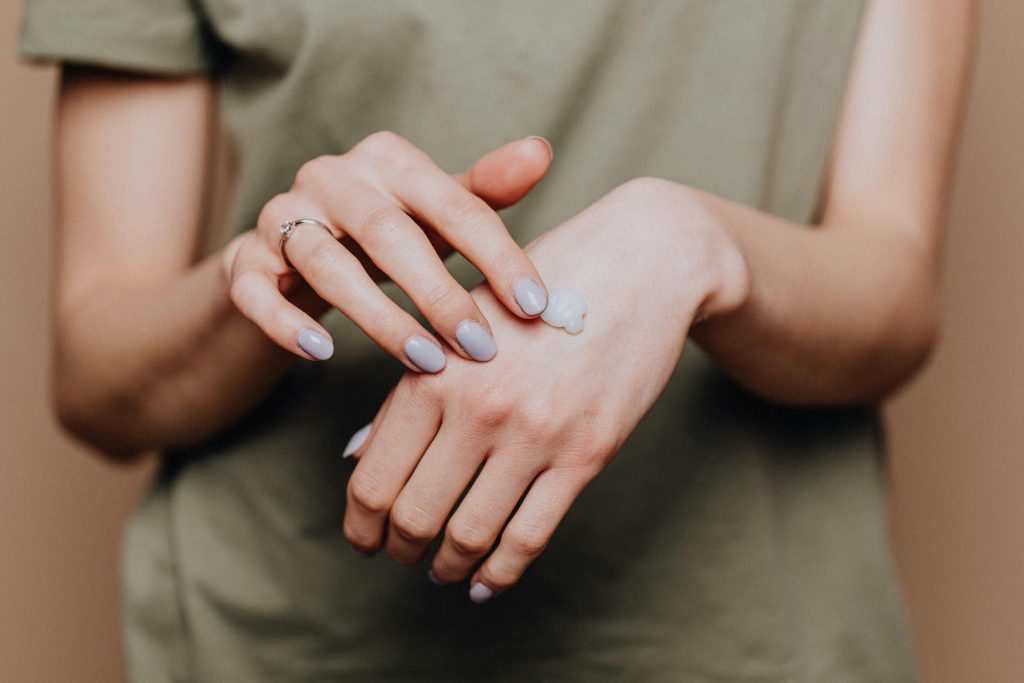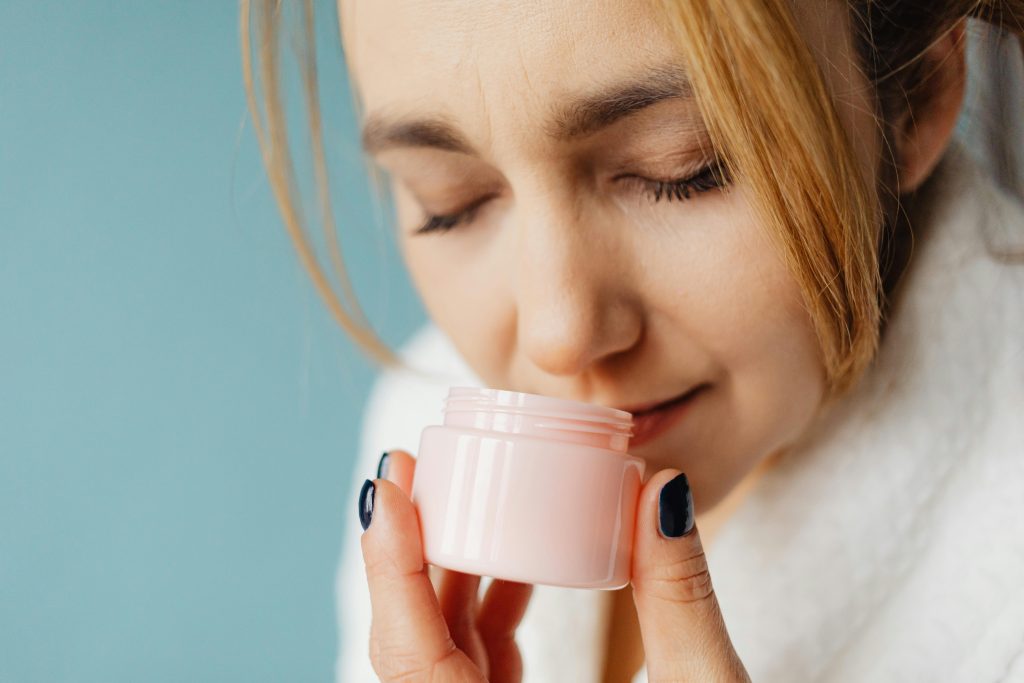
As an Amazon Affiliate, I earn a commission for the products linked bellow
How to Choose the Right Moisturizer for Sensitive Skin
Finding the perfect moisturizer for sensitive skin can be daunting. With countless products on the market, it’s crucial to know what to look for to avoid irritation and maintain healthy, hydrated skin.
In this guide, we’ll break down the essential tips for choosing the best moisturizer for sensitive skin.
Why Moisturizing Is Crucial for Sensitive Skin
Sensitive skin is prone to dryness, irritation, and redness, making hydration essential.
Moisturizing helps maintain the skin’s natural barrier and soothes and protects it from external irritants.
✅ Look for Fragrance-Free Products
Fragrances are a common culprit behind skin irritation. They may smell nice, but they can trigger allergic reactions and inflammation, especially on sensitive skin.
Always choose moisturizers labeled “fragrance-free” rather than “unscented,” as the latter might still contain masking fragrances.
Recommended Product: Vanicream Moisturizing Cream – Free from fragrances, dyes, and parabens.
✅ Check for Hypoallergenic Labels
Hypoallergenic moisturizers are formulated to minimize the risk of allergic reactions. While this doesn’t guarantee complete safety, it’s a good indicator for sensitive skin.
Recommended Product: Neutrogena Hydro Boost Gel-Cream – Non-comedogenic and hypoallergenic, ideal for daily use.
✅ Opt for Minimal Ingredients
Less is more when it comes to sensitive skin. Choose moisturizers with a short ingredient list to reduce the risk of irritation.
Key Ingredients to Look For:
🔹 Glycerin: Hydrates and soothes.
🔹 Ceramides: Strengthen the skin barrier.
🔹 Hyaluronic Acid: Locks in moisture.
🔹 Colloidal Oatmeal: Calms inflammation.
✅ Avoid Harsh Ingredients
Certain ingredients can cause flare-ups and irritation. Always read labels and avoid the following:
🔸 Alcohol: Dries out the skin.
🔸 Essential Oils: Can cause allergic reactions.
🔸 Dyes and Colorants: Often unnecessary and irritating.
🔸 Parabens: Preservatives that can be problematic for some.
Recommended Product: La Roche-Posay Toleriane Double Repair Face Moisturizer – Free of parabens, fragrance, and oil.
✅ Choose the Right Texture
The texture of your moisturizer should complement your skin type:
💠 Creams: Best for dry, sensitive skin as they provide deep hydration.
💠 Lotions: Lighter than creams, good for normal to combination sensitive skin.
💠 Gels: Ideal for oily, sensitive skin, as they absorb quickly without leaving a greasy residue.
✅ Patch Test Before Full Application
Even if a moisturizer is labeled safe for sensitive skin, it’s wise to patch test before full use.
Apply a small amount to your inner forearm and wait 24 hours to see if any irritation occurs.
✅ Consider Dermatologist-Recommended Brands
Brands with dermatologist backing often undergo rigorous testing, making them more suitable for sensitive skin.
💠 Cetaphil
💠 CeraVe
💠 Aveeno
💠 Eucerin
✅ Choose a Moisturizer with Added Benefits
If your sensitive skin is prone to conditions like eczema or rosacea, look for targeted ingredients:
🫧 Niacinamide: Reduces redness and inflammation.
🫧 Shea Butter: Nourishes and hydrates.
🫧 Panthenol (Vitamin B5): Repairs the skin barrier.
Recommended Product: Eucerin Advanced Repair Cream – Rich in ceramides and panthenol, suitable for eczema-prone skin.
✅ Prefer Moisturizers with Sun Protection
Sun exposure can worsen sensitive skin issues. Choose a moisturizer with SPF 30 or higher to protect against UV damage.
Recommended Product: EltaMD UV Clear Broad-Spectrum SPF 46 – Lightweight, non-irritating, and formulated for sensitive skin.
FAQs
- How often should I moisturize sensitive skin?
Twice a day—morning and night—is recommended to maintain hydration and protect the skin barrier.
- Can I use a natural or DIY moisturizer?
While natural ingredients sound appealing, they can still irritate sensitive skin. Always patch-test homemade products.
- Are oil-based moisturizers good for sensitive skin?
It depends on the oil. Avoid essential oils, but oils like jojoba and squalane can be soothing and non-irritating.
- What if I experience a reaction?
Discontinue use immediately and opt for a calming product with aloe or colloidal oatmeal. Consult a dermatologist if symptoms persist.
- Can I use the same moisturizer on my body and face?
Facial skin is more delicate, so it’s better to use moisturizers specifically formulated for the face.
Final Thoughts
Choosing the right moisturizer for sensitive skin requires attention to ingredients, texture, and formulation.
Always prioritize fragrance-free, hypoallergenic products and perform a patch test before incorporating a new moisturizer into your routine.
By following these tips, you can keep your sensitive skin calm, hydrated, and healthy.











